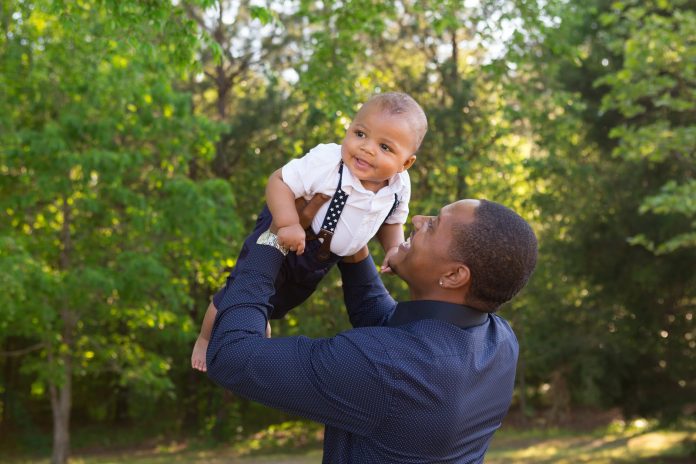Many breastfed babies may not get enough vitamin D because their mothers prefer not to give them supplement drops, according to a recent survey.
Pediatricians recommend exclusive breastfeeding until babies are at least six months of age because it can reduce the risk of ear and respiratory infections, sudden infant death syndrome, allergies, childhood obesity and diabetes.
But for all its beneficial qualities, breast milk typically doesn’t contain enough vitamin D to help infants develop healthy bones. So the American Academy of Pediatrics advises nursing mothers to give their babies daily supplements of 400 IU of vitamin D. Alternatively, women can take vitamin D supplements themselves—4,000 to 6,000 IU daily—to give babies enough in breast milk so drops aren’t needed.
For the study, researchers surveyed 184 breastfeeding mothers, including 44 moms who gave their babies vitamin D-enriched formula in addition to breast milk. Slightly more than half of the study participants, 55 percent, said they gave their babies vitamin D drops; only 42 percent supplemented with the recommended 400 IU.
About 76 percent of mothers in the survey said they took vitamin D themselves, and most of them preferred daily supplements to longer-acting versions taken less frequently. Overall, nearly nine in 10 women said they would rather take supplements than give drops to their babies. Those who didn’t give babies vitamin D drops most often cited safety concerns.
“Many mothers were not aware of the need for vitamin D supplementation or their physician had not recommended supplementation,” said senior study author Tom Thacher, a researcher at the Mayo Clinic in Rochester, Minnesota. “Others believed breast milk had all the needed nutrition, and some mentioned the inconvenience of giving a supplement or their poor experience of giving a supplement to previous children.”
The study had one major limitation: Participants were overwhelmingly white mothers, so the findings might not apply to women of other racial or ethnic groups or those with a high risk of vitamin D deficiency, the researchers said. Still, the results highlight the need to educate new parents about the importance of vitamin D and make sure breastfeeding mothers take supplements themselves or give babies drops.
Babies need vitamin D. Severe vitamin D deficiency in infants can lead to rickets (soft bones), seizures due to low calcium and heart failure. Though adults may get some vitamin D from sunlight, babies shouldn’t be exposed to direct sun.
Breastfed Babies Still Need Vitamin D






